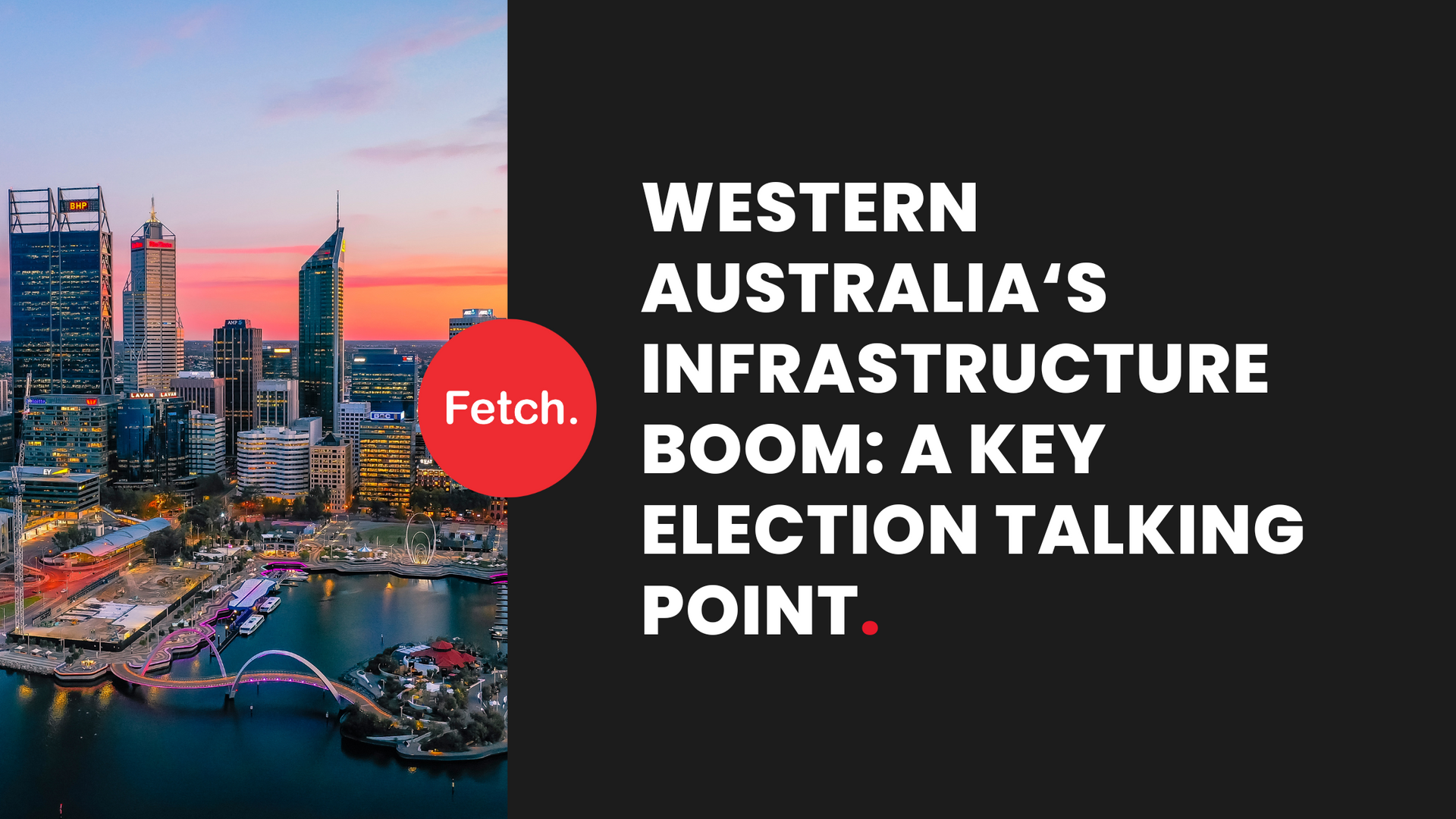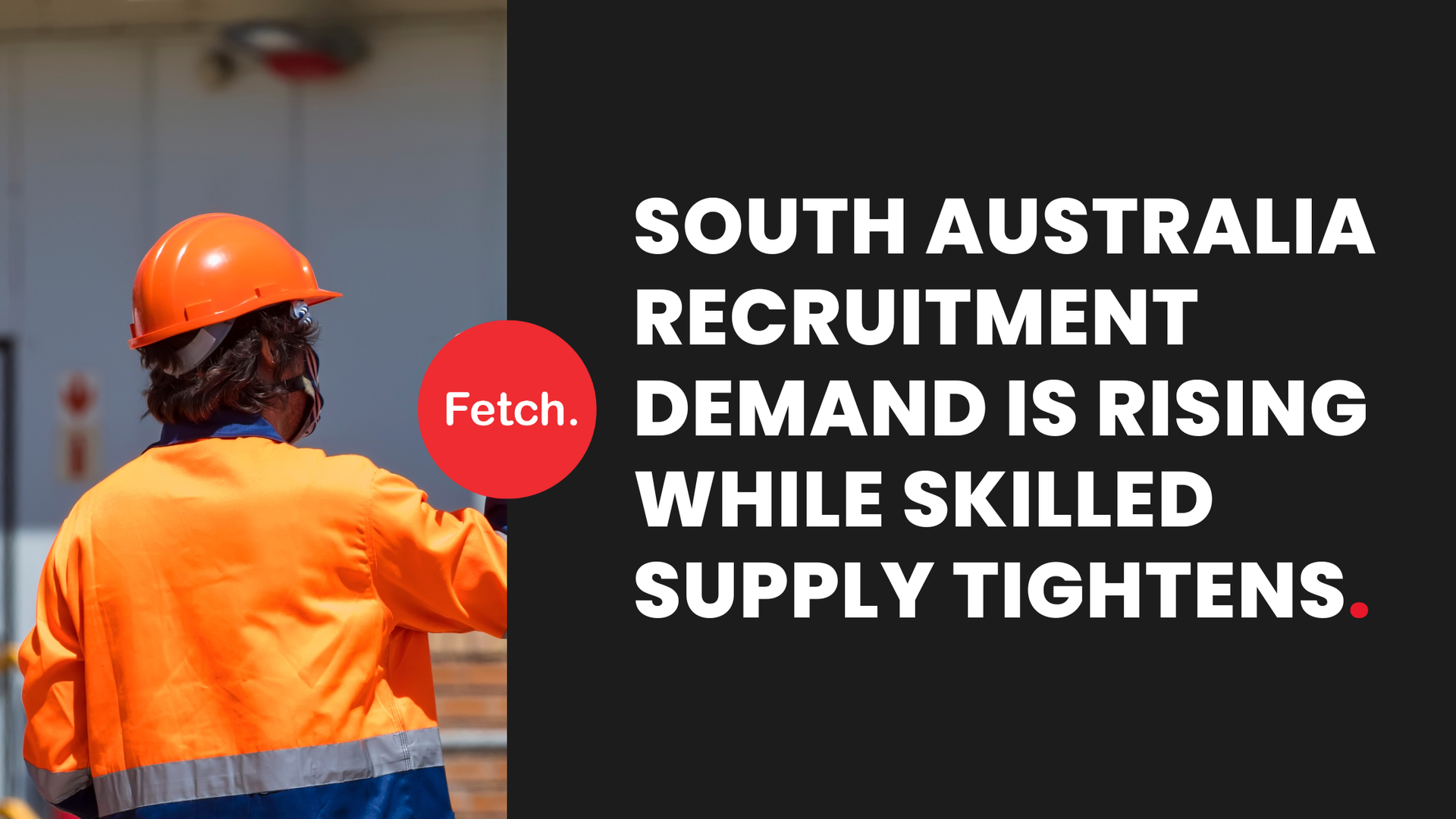
Share This Article
With the WA state election set for Saturday, 8 March 2025, infrastructure investment remains a key focus. With billions of dollars being allocated to major projects across the state, voters are paying close attention to how these developments will shape the economy, job market, and liveability in their communities.
From the $7.2 billion Westport project to the Tonkin Highway Extension and the $1.8 billion New Women and Babies Hospital, WA’s government is making significant commitments to future-proof the state. But these investments also come with questions: How will they be delivered? Who will benefit? And what role does the upcoming election play in shaping their progress?
Infrastructure and the Election Agenda
Infrastructure is always a key political battleground, and this election is no different. The current WA government, led by Premier Roger Cook and the Labor Party, has positioned itself as a strong advocate for major projects, securing federal funding and pushing forward on transport, energy, and healthcare initiatives. Labor has consistently emphasised infrastructure as a driver of economic growth, job creation, and long-term state development.
However, opposition candidates and critics argue that while these projects sound promising, their execution, cost management, and long-term benefits must be carefully scrutinised.
Take the Westport project, for example. The government has announced plans to fully transition port operations from Fremantle to Kwinana by the late 2030s, with environmental approvals and business cases now moving forward. While this will create significant economic opportunities, opponents question the feasibility of the timeline and the impact on local businesses and freight operators.
Similarly, the Tonkin Highway Extension, a project receiving over $1 billion in combined federal and state funding, is being championed as a solution to congestion and better regional connectivity. With construction expected to support 4,400 jobs, the project is a clear vote-winner for those prioritising employment and transport infrastructure. But critics point to rising costs and potential delays as concerns that need to be addressed.
Labor’s focus on infrastructure has been a key pillar of its economic strategy, helping to drive employment and investment across the state. The opposition, led by the Liberal Party, has raised concerns about debt levels and efficiency in project delivery, arguing for stronger accountability measures.
Other Major Projects Driving WA’s Infrastructure Boom
Beyond these headline projects, a range of other major infrastructure developments have been awarded, further highlighting the sheer scale of work coming up in WA. Some key projects include:
- Lumsden Point General Cargo Facility – A significant step in boosting WA’s port capacity, supporting trade and logistics.
- King Rocks Wind Farm – Strengthening WA’s renewable energy sector and creating long-term jobs in clean energy.
- Metronet Rail Projects – Ongoing expansions to Perth’s rail network, enhancing public transport connectivity.
- Albany Ring Road – A major road project aimed at improving freight efficiency and safety in WA’s southwest.
- Various Hospital Upgrades – Including expansions and refurbishments to key healthcare facilities across the state.
With these projects and more in the pipeline, WA’s construction and engineering workforce will be in high demand for years to come.
The Jobs Boom and Fetch Recruitment’s Role
For Perth’s workforce, these projects represent a wave of new employment opportunities, particularly in construction, engineering, and project management. Fetch Recruitment, a leader in WA’s recruitment space, is at the forefront of placing skilled professionals into roles that will drive these developments forward.
As contracts are awarded for key projects like the Lumsden Point General Cargo Facility and the Warradarge Wind Farm expansion, demand for skilled trades, site supervisors, civil engineers, and project managers continues to grow. Whether it’s in mining, transport infrastructure, or renewables, Fetch Recruitment is actively connecting top talent with these industry-changing projects.
What’s Next?
As voters head to the polls, infrastructure promises will play a significant role in shaping their decisions. Will the current government’s investment strategy win them another term, or will concerns over cost blowouts and project delays sway public opinion?
One thing is certain—regardless of the election outcome, WA’s infrastructure pipeline is set to transform the state for decades to come. And for job seekers looking to be part of this transformation, Fetch is here to help navigate the opportunities ahead.
Looking for your next role in construction, engineering, or project management? Get in touch with us today and be part of WA’s infrastructure future.


